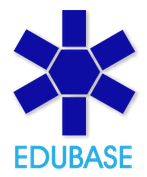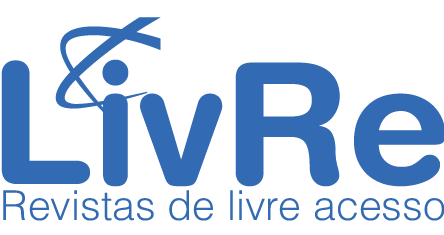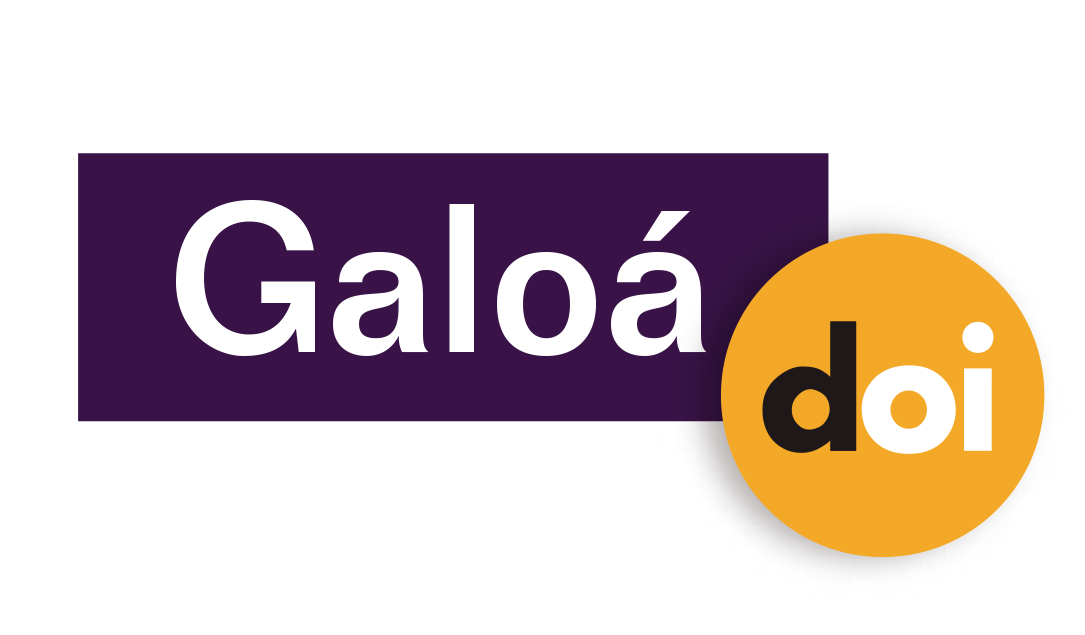Tasks About Impossible Random Events: A Pedagogical Game as a Teaching Tool for the Early Years of Elementary School
Resumo
Background: The concepts of impossible random events are an integral part of the National Common Curricular Base – BNCC and of the thematic unit “Probability and Statistics”, in which 6- to 8-year-old students must classify events involving chance, such as “it is impossible to happen”, indicating the need for proposals that help in the teaching and learning process. Objectives: A possibility was shown to develop a pedagogical work for the initial years of Brazilian Elementary School based on pedagogical games, creating methodological theoretical subsidy to rethink strategic methods, resizing them in order to minimise the existing gap between ludic activities and everyday tasks carried out by students, spontaneously, and the work triggered in the classroom. Design: Cards were prepared for the game “Probability in Action”, called Questions (?), which are tasks based on problem situations with the objective of favouring the apprehension of contents and the development of probabilistic knowledge, having as theoretical support the Anthropological Theory of the Didactic - ATD by Yves Chevallard, consisting of two blocks, the practical and the theoretical. Setting and Participants: It was a theoretical work that presented a didactic and mathematical praxeology that exposed and explored, in detail, the practice and the probabilistic theory involved in the cards of the game “Probability in Action” focused on impossible random events in which it is associated with the solving tasks or problem situations. Data collection and analysis: Tasks associated with impossible random events were created and described using ATD, comprising type of tasks (T); techniques (τ) that solve tasks of this type; technology (θ) that justify the techniques and guarantee their validity, and, finally, the theory (Θ) that justifies the technology. This praxeological quartet is denoted [T, τ, θ, Θ], and the block [T, τ] is called practical-technical (praxis), or know-how block; and the block [θ, Θ] is called the technological-theoretical block (logos) or knowledge block. Results: In terms of the ATD, its use allowed identifying a set of praxeologies that made it possible to characterize both the probabilistic object and the didactic approach for such an object, and the praxeological organization was composed of four elements: 1) Task (T) and its subtasks (t), which was characterized by the action required by the problem situation proposed for the question cards in the game; 2) Technique (τ), identifying the way to perform the task and its subtasks; 3) Technology (θ), specified by the set of definitions, properties, axioms and theorems that justify the technique, that is, that the random phenomenon refers to experimental realization when its observation is impossible; 4) Theory (Θ), the field in which technology is justified, probability theory. Conclusions: Supported by the results of this study, basic probabilistic concepts were thought of that meet the needs of Brazilian fundamental education, so that it is possible to contribute to the growth and development of an autonomous, critical, active society capable of making decisions in front of to the information you encounter.
Palavras-chave
impossible random event; elementary school; pedagogical game; anthropological theory of the didactic; Brazil
Texto completo:
PDF (English)DOI: https://doi.org/10.17648/acta.scientiae.7654
Apontamentos
- Não há apontamentos.
Direitos autorais 2023 Ailton Paulo de Oliveira Júnior, Nilceia Datori Barbosa

Esta obra está licenciada sob uma licença Creative Commons Atribuição 4.0 Internacional.
ANÚNCIOS
Informamos que, a partir de março de 2026, está reaberto o aceite de submissões.
Mais, informamos que sites fraudulentos, https://periodicos-ulbrabr.org e https://periodicos-ulbrabra.org, estiveram se passando pela Acta Scientiae, utilizando nosso nome e identidade visual e até solicitado taxas de APC, que nós não cobramos. Aconselhamos cautela para evitar serem enganados por sites semelhantes.
Conceito A2 na Capes(2021)
Índice h5 do Google Scholar: 13
Índice mediana h5 do Google Scholar:24
eISSN: 2178-7727
Indexações:
A Acta Scientiae é indexada em: | Scopus |  | Latindex |  | Edubase (SBU/UNICAMP) |
 | Sumarios.org |  | Google Scholar |  | Portal LivRe (CNEM) |
 | Journals for Free |  | REDIB |  | Galoá DOI |

Todos os trabalhos publicados aqui estão sob uma licença Creative Commons - Atribuição 4.0 Internacional.
